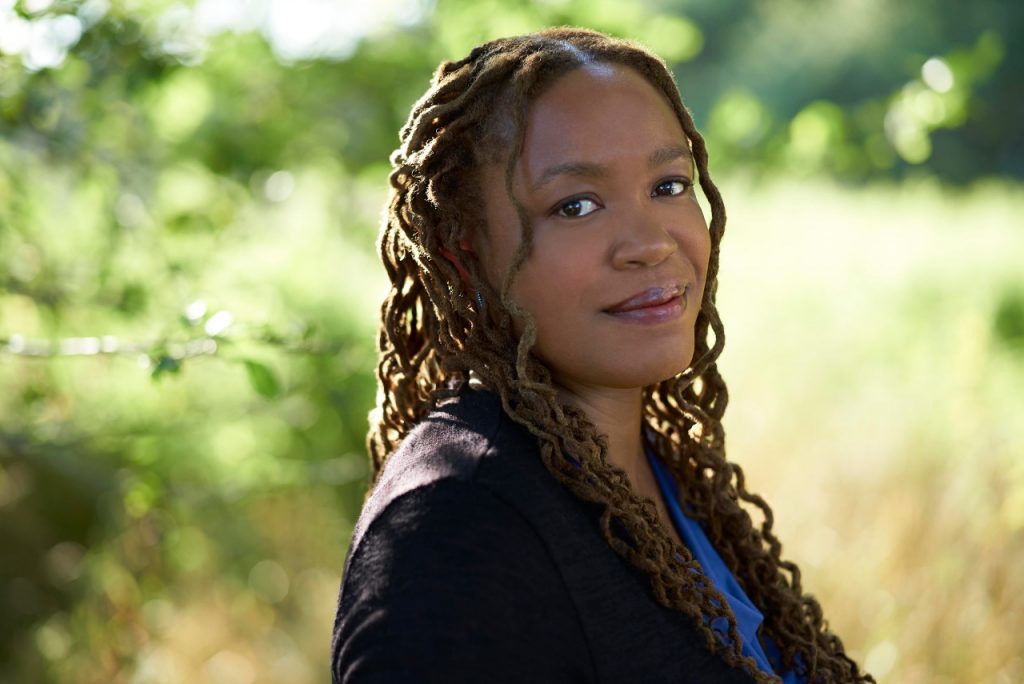Heather McGhee On What Poverty And Racism Costs All of Us
“The Sum of Us” author urges a change in thinking that the idea of progress for people of color comes at the expense of white Americans.

“We all do better when we all do better.” It’s a quote made famous by the late progressive Minnesota Sen. Paul Wellstone, and it’s especially relevant thinking about so many headlines focused on poverty in America in recent weeks.
Systemic inequity defines and hinders the lives of so many Americans. Why are so many Americans struggling to make ends meet while the uber rich seem to only be getting wealthier? There should be enough to go around, but so often, many of us are barely scraping by.
“The big story that many Americans hold is really this zero-sum game … the idea of progress for people of color is something that comes at white folks’ expense.” — Heather McGhee, author of “The Sum of Us”
And while the pandemic has laid bare many of the structures that perpetuate and exacerbate this economic and social inequality, President Biden’s recently unveiled American Rescue Plan could mark an important shift in how we talk about and address poverty in America. Maybe we’re finally ready, as a nation, to embrace those words from Sen. Wellstone: “We all do better, when we all do better.”
Listen: Political commentator and author Heather McGhee on poverty, equity and her new book “The Sum of Us.”
Guest
Heather McGhee is an American political commentator, political strategist and author of “The Sum of Us: What Racism Costs Everyone and How We Can Prosper Together.” In looking at how the current socioeconomic paradigm supports an American ethos of scarcity, McGhee urges a shift and evolution of this thinking.
“The big story that many Americans hold is really this zero-sum game … It’s the idea of progress for people of color is something that comes at white folks’ expense … This zero-sum story, which is a lie, is something that’s sold to white Americans by people who profit from it,” she says.
McGhee traveled all over the country while writing her book and says that she noticed many Americans getting involved in localized efforts toward more generative and less extractive economic models within their own communities. “When it comes down to it, the people who I saw who had really transformed their own thinking … those were the people who have rolled up their sleeves in organizing,” says McGhee.
Trusted, accurate, up-to-date
WDET is here to keep you informed on essential information, news and resources related to COVID-19.
This is a stressful, insecure time for many. So it’s more important than ever for you, our listeners and readers, who are able to donate to keep supporting WDET’s mission. Please make a gift today.
